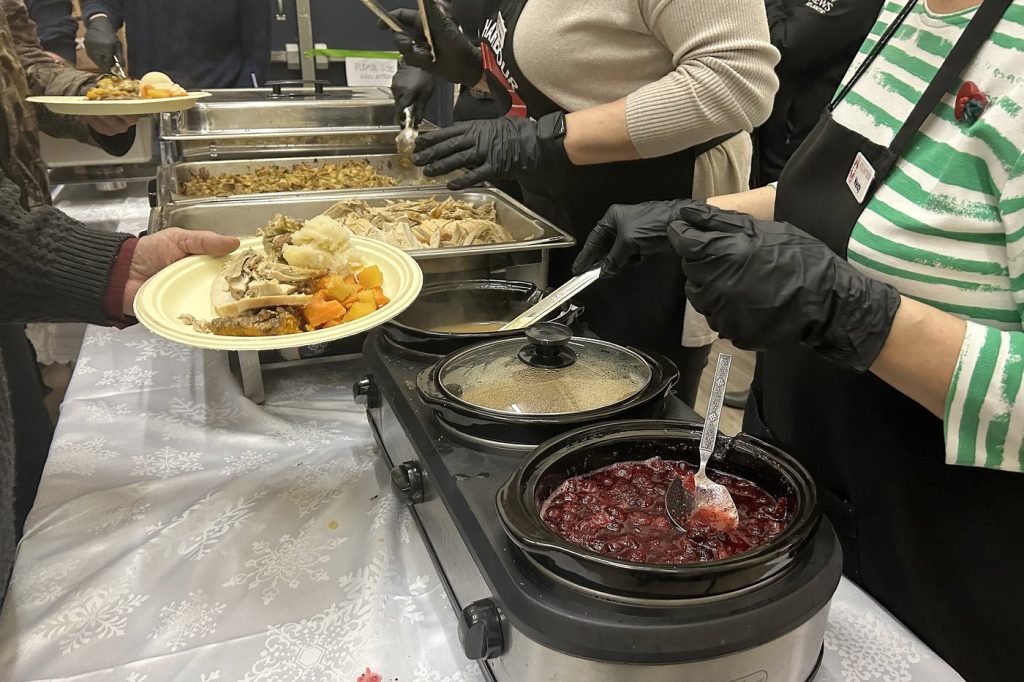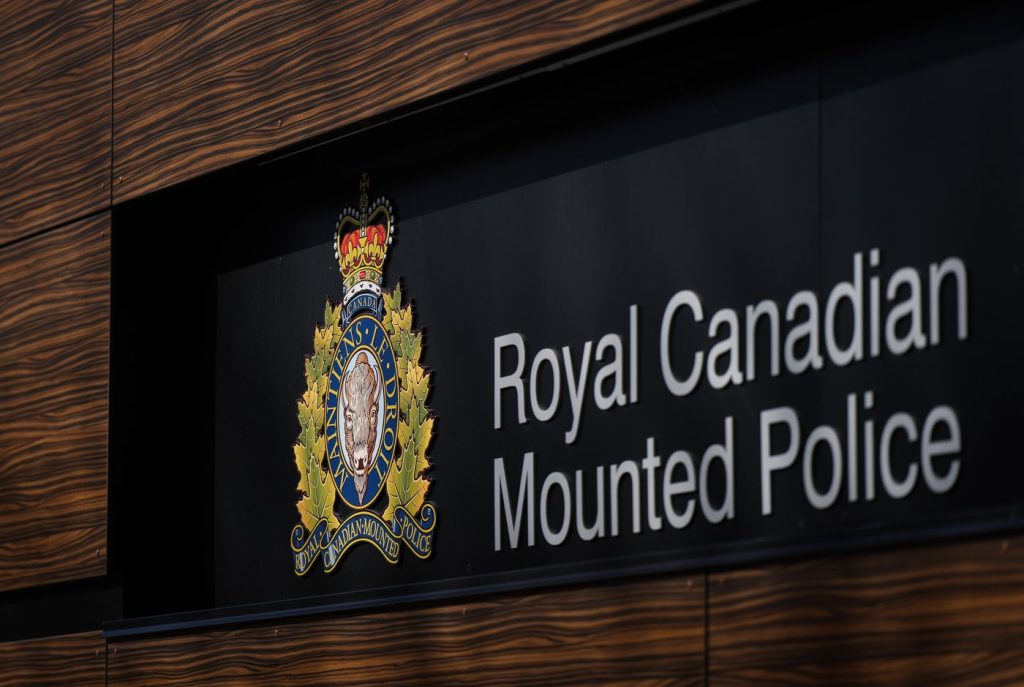Cole Harbour resident looks to breathe life into the Death Café
Posted Jan 4, 2022 05:44:00 PM.
It comes as no surprise that people generally avoid talking about mortality.
In fact, the simple thought of discussing death conjures up such negative thoughts and emotions, that most people simply ignore the topic until they are forced to deal with one of life’s most significant events in the most unsuspecting way.
Cole Harbour resident Lynn Surette hopes to change all that.
“There’s so much bury-your-head-in-the-sand attitude,” explains the facilitator of the Dartmouth Death Café, a drop-in program dedicated to the discussion of dying. “(But) it’s just the circle of life. You’re born, you grow up, you get old and you die.”
As host of the monthly meeting for more than two years, Surette is well qualified to tackle any issues to do with eternal rest. As a retired licensed practical nurse in geriatrics and palliative care, she has been forced to face death and those who are dying many times over the years.
“I couldn’t even count the number of people I have been with as they died and the biggest thing people are afraid of is being alone,” says Surette, noting that it's important for people to talk about their fears of death. “Most people aren’t afraid to die. They are afraid to be alone when they go.”
Popularized by British web designer Jon Underwood in 2011, the idea of creating a casual group meeting about death was originally influenced by the ideas of Swiss sociologist Bernard Crettaz, who formed the Café Mortel movement in France and Switzerland.
A group-directed conversation of matters dealing with the end of life, death cafés have no agenda or objective. Instead, it is a free-flowing meeting that addresses subjects related to mortality. However, as Surette says, it is important to note it is not intended to be seen as grief support.
“We are not a support group and we are not a counselling group (because) there is s specific niche for that (but) you do get support here,” adds Surette. “It’s an open, respectful and confidential space where people can give their views and ideas and the goal of the whole thing is to make people more comfortable with the end of their life.”
As a result, Surette says the conversation can range from everything from first-hand experiences with death to questions about wills and powers of attorney. She has even invited guest speakers such as social workers and mental health experts.
“I just sort of let (the conversation) go and if it doesn’t go, I’ll hand out (a list of questions to spur discussion),” says Surette. “We always say that if someone looks nervous and you don’t want to tell us anything about yourself, just say what your name is so you can talk or not talk. There’s always someone that will talk.”
The Dartmouth Death Café meets the second Thursday of every month from 1:00 p.m. to 3:00 p.m. at the Cole Harbour Library. Proof of vaccination is mandatory and the group continues to follow the current COVID-19 measures as laid out by Nova Scotia Public Health.
A non-profit program, Surette is dedicated to helping people discuss the topic of death, noting that her ultimate goal for the Dartmouth Death Café is to assist people in defeating the paralyzing fears surrounding end of life issues.
“I feel like I’m helping people in a way,” says Surette, noting that opening up conversations about death allows people to deal with real-life matters like living wills and processing grief. “It just encourages people to discuss the finality of life and why we fear it because so many people are afraid of death.”
For more information on the Dartmouth Death Café, visit the website.








